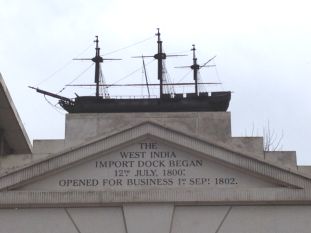It seems like everyone is talking about joint venture partnering for real estate.It is a great strategy for property ventures because two heads are better than one.
Why?
Because everyone is different!
No one is good at everything.
Some people know how to spot a property bargain. Others know how to add value to a property.
Some people know how to find finance to buy property. Others know how to sell a property for top dollar.
Some people know how to renovate a property cheaply and effectively. Others know how to obtain owners permission to renovate straight away.
If two people combine their knowledge and their money in a property venture, they will often achieve more as partners than they would achieve on their own.
These two people are joint venture partners in a property joint venture.
Video: How do Joint Ventures work for real estate
The Investor’s Guide to Joint Ventures for Real Estate.
It covers
- Four situations where property joint ventures will lead to better real estate profits than going it alone
- The bones of a joint venture agreement
- Where are the contributions made and the profits taken in a joint venture?
- Which is the best legal structure for a joint venture?
Did you know that joint ventures started in the coffee houses of London in the 1750s?
Video: How Joint Ventures Began
Joint adventures flourished in the London coffee houses in the 1750s.
Picture the scene in Edward Lloyd’s coffee house - merchants, shipowners, bankers and insurers are earnestly planning an expedition to trade textiles, slaves and sugar. They sip their coffee. They agree to risk their funds and use their skills to make a trading profit. It is an adventure, which as Dr Samuel Johnson defines in his 1755 dictionary - is an enterprise where something is left to hazard.
The English common law called these trading enterprises joint adventures.
The ship might set sail from Liverpool with a cargo of English textiles and arms. First port of call might be in the Niger Delta in Africa. From there, the ship might sail across the Atlantic Ocean on the trade winds, with a cargo of African slaves for the sugar plantation owners in the West Indies.
The ship might sail home to the West India Dock in London with its precious cargo of Jamaican rum and sugar, taking care to avoid the ruthless pirates of the Caribbean.
The joint adventurers would share the profits, and as a bonus, would use the sugar to sweeten their coffee, or the new sensation from the Orient – tea.


Above – the gate to the West India Import Dock, Docklands, London – which opened for business 1st September 1802
Right – a joint adventure being planned in a scene from a London Coffee House in the 1750s
These days, joint ventures continue to flourish, but usually with a little less adventure.
Merchant bankers use capital markets to raise ‘seed capital’ from ‘angel investors’ to invest in businesses ventures. The joint business ventures could be mining projects, research projects or start-up businesses.
But some things never change – it is still possible to plan property ventures over a latté in your local café! And it is still possible to make sweet profits by investing in a property joint venture.
